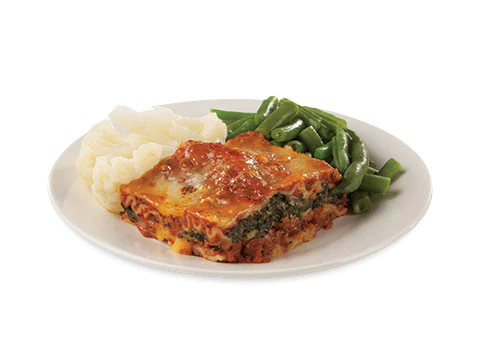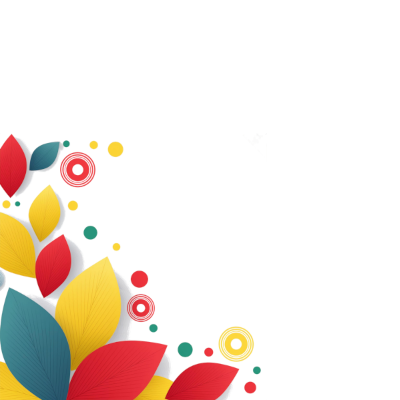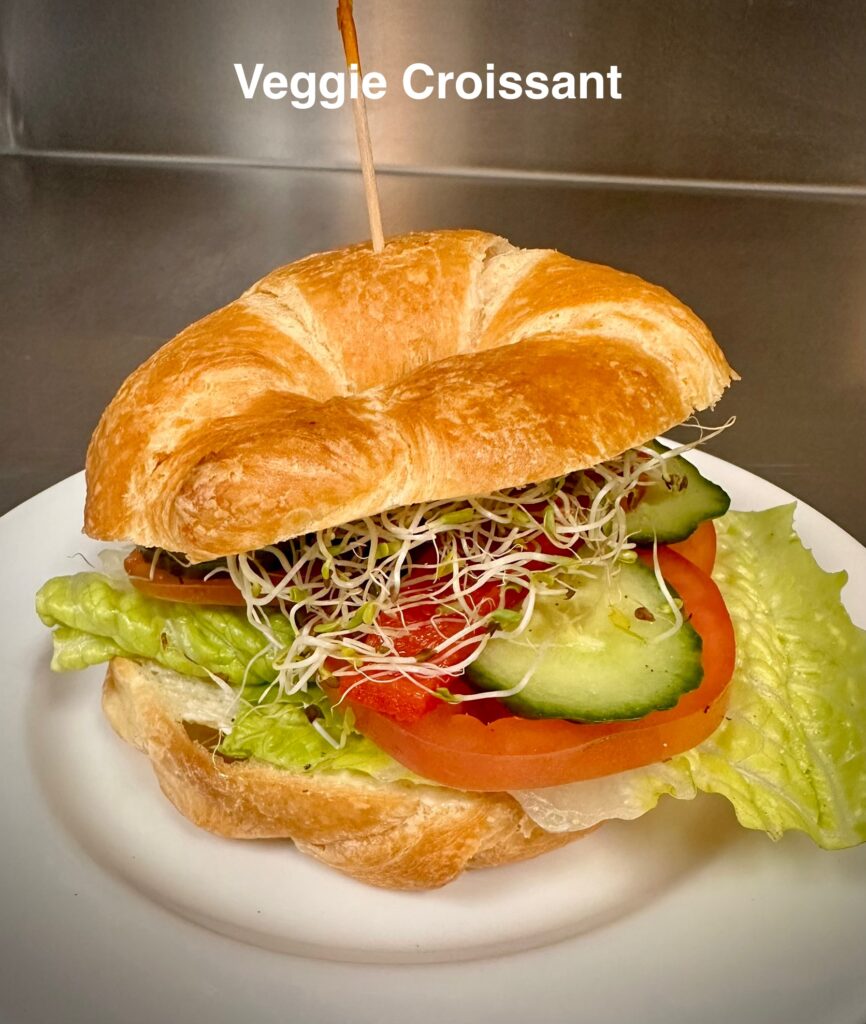Blog
What’s in a Word?
I came across the word “coronapocalypse” recently, and it got me thinking about the power of words. The pen is mightier than the sword kind of thinking.
The words I choose to use, both verbally and in writing, make a difference in how my message is received and interpreted.
For example, to describe my emotional state after a day at work, I could say I was exhausted, tired, gratified, happy, or energized. I could comment on the upcoming weekend as a well-deserved break, never long enough, probably rain-filled, or time to switch gears and have an adventure.
All these descriptive words could reasonably apply to my day of work, and all of them could be correct. But some words are more helpful to me than others, regardless of who I’m talking to. My words help to reinforce my thinking and, thus, my emotional state – my mental wellness.
I could use the word exhausted as I come through the front door. Then, the probability of having any energy left over to do anything with anyone that evening is very close to zero. Keep in mind this word is accurate, but so are other words I could use.
I could use the word gratified as I come through the front door. I completed a very detailed report that taxed my brain. I was finally able to arrange a meeting that others said would never happen. I was exhausted. But, by using gratified, the probability of carrying on with an uplifting conversation that has a chance of invigorating me is reasonable. I have a better chance of being an active and engaged half of a married couple. That is a good thing.
I’d like to say I’m superhuman, and I always chose the most uplifting, powerfully supportive words to the right person at the right time. I don’t. I have certainly improved over the years, but sometimes I fail miserably. Sometimes I am exhausted, and I just need to be left alone for a while.
The words we choose impact us, often, as much as the other person. It is in my best mental and emotional interests to be mindful of my terms, as they all count.
Please give this a bit of a think. Take a few minutes to think about the last time you talked to somebody you are close to. Did you leave yourself in a more positive state after the conversation? Equally important, how did the other person’s words impact your emotional state?
It takes practice to do this reflection. With practice, you can shorten the time between when you speak the keywords, and you realize their impact. The goal is to move that time frame to discover the effect before you actually say them, and choose an alternative word that is more in your best interests.
Oh, yea, about that coronapocalypse, it brings a smile, gives hints of the apocalypse but maybe unintentionally adds to the stress of the pandemic.
It has been a chore fun to write The Blog. Each one is an adventure, as I’m never sure where I’m going to end up. I love it!
Photo by Romain Vignes on Unsplash
My thanks to St. Albert Seniors Association: 780-459-0433 for making this Blog possible.
I’m curious about your thoughts. Please leave your comment. I read every one.
If you enjoyed The Blog, please share it with others. Thanks.
Glenn Walmsley
Volunteer Blogger: The Blog: for those with a curious spirit
TheBlog@StAlbertSeniors.ca
https://StAlbertSeniors.ca










Glenn, I enjoy reading your weekly Blog. Keep up the great work!
Thanks.
Interesting and something I had not really even thought about
I know what you mean. I keep finding new moments with words I could have used better.
Your Blogs are entertaining, humorous and thought provoking. I am glad you are sharing your skills as a writer with us.
I blush! Thanks for your kind words. I really enjoy writing these blogs. Each week is a challenge.
I recently attended a physio appointment at our local rural hospital out-patient clinic. The next client arrived for their appointment and quickly initiated conversation, or debate per se, with the therapist about the ‘coronapocalypse’. It totally changed the relaxing therapeutic environment for myself; louder voices with the therapist on the offensive stressing the need for masks and handwashing. I felt sorry for the therapist to have to navigate this daunting conversation on a daily basis, and apparently hourly basis. I also wondered how many healthcare staff are in similar positions. If a reflective approach had been taken, I anticipate our healthcare staff would be more focused on care practices, less wear and tear on their personal well-being and their more meaningful engagement with their family at the end of the day.
Great “giving it a bit of a think” example. Thanks for sharing.
Does anyone else have similar examples??